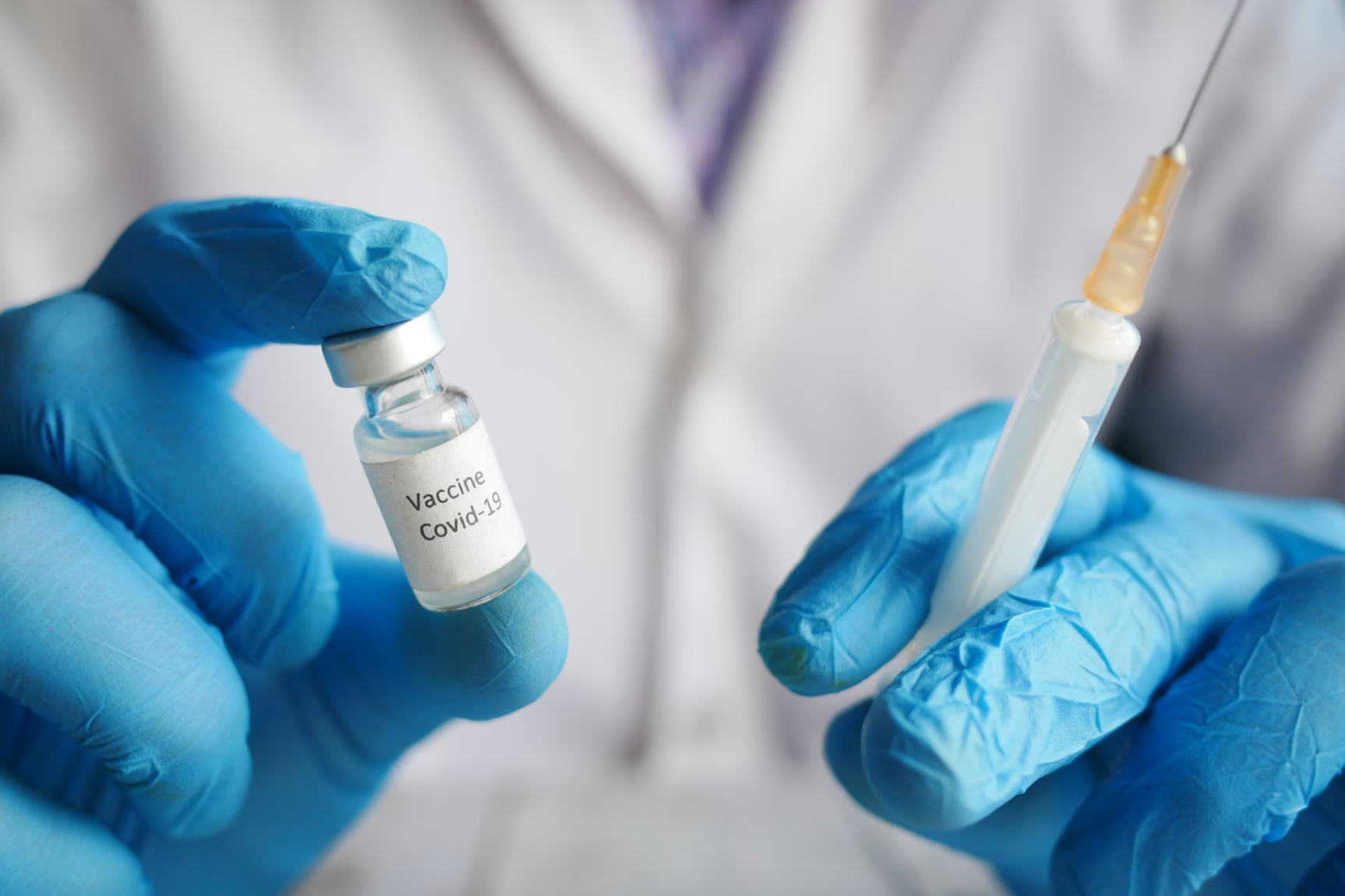
A new study finds that COVID-19 vaccines are safe in people with hepatitis C virus-related liver disease.1
Mortality is high in patients with severe liver disease infected with COVID-19, the disease caused by severe acute respiratory syndrome coronavirus 2 (SARS-CoV-2). A recent study examining the prevalence and outcomes of patients with chronic hepatitis C admitted to the hospital with COVID-19 found that the mortality rate among patients with liver disease infected with COVID-19 was 54.5%. The ethical rate was 46.4% for patients with HCV and 73.3% for patients without HCV.2
Despite the high mortality rate, there is little data on the safety of COVID-19 vaccines in patients with hepatitis C virus-related liver disease. Therefore, another new study, led by Zhang Jing of Beijing You’an Hospital affiliated with Capital University of Medical Sciences in Beijing, China, evaluated the safety and immunogenicity of COVID-19 vaccines in patients with HCV-related liver disease.1
The study included 211 patients with HCV-related liver disease, including 81 with chronic hepatitis C and 130 with cirrhosis and hepatocellular carcinoma (liver cancer). Each patient received 3 doses of COVID-19 vaccine over 7 months.
Only 13 participants (6.2%) experienced adverse reactions after the first dose, 8 participants (3.8%) after the second dose, and 10 participants (4.7%) after the third dose. Adverse reactions occurred later. Swelling is a common adverse reaction. The team noted that all adverse reactions were mild and no Grade 3 adverse reactions were observed.
The patient’s serum bilirubin, creatinine, and plasma prothrombin levels increased after the first and second doses. After the third dose, the patient’s hemoglobin and serum albumin levels decreased – although the levels were within the normal range. Therefore, for patients with HCV-related liver disease, the COVID-19 vaccine did not cause serious abnormalities in blood routine, liver and kidney function, and coagulation function.
The research team examined 81 patients with chronic hepatitis C for their antibody titers, which measure the levels of antibodies in blood samples. The research team defined antibody titers as negative (< 17.6 IU/ml)和阳性(>17.6 IU/ml). Antibody titers were negative in 26 patients (32.1%) and positive in 56 patients (67.9%), indicating that more patients developed antibodies in their blood systems after vaccination.
Among 130 patients with liver cirrhosis and hepatocellular carcinoma, 53 (40.8%) had negative antibody titers and 77 (59.2%) had positive antibody titers. Although the researchers found that patients with chronic hepatitis C had higher rates of antibody positivity than those with cirrhosis and liver cancer, the difference was not statistically significant.
Patients with cirrhosis and hepatocellular carcinoma had significantly lower antibody titers (titer range: 11.2 – 65.5 IU/ml) compared with patients with chronic hepatitis C (titer range: 16.0 – 198.9 IU/ml), and antibodies Titers decrease slowly over time after each vaccination.
After classifying patients according to antibody levels (positive and negative), the researchers performed univariate logistic regression analysis. Results showed that age, gender, vaccine manufacturer, Child-Pugh score, duration between the third vaccination and antibody text, baseline liver disease, and baseline laboratory tests (including blood routine, liver and kidney function, and coagulation function) had a significant impact on Antibodies did not significantly affect positivity rates.
The researchers concluded: “The domestic COVID-19 vaccine appears to be safe and has some protective effects in patients with hepatitis C virus-related liver disease.”
refer to
- Zhang Jing. Safety and immunogenicity of COVID-19 vaccines in patients with HCV-associated liver disease. chrome-extension://efaidnbmnnnibpcajpcglclefindmkaj/https://vepimg.b8cdn.com/uploads/vjfnew/9655/content/images/1699676379file-xy3q9eposter-20-231892-a-20zhang-pdf1699676379.pdf. Accessed: November 22, 2023.
- Negm, EM, El-Sokkary, RH, Malek, MM, et al. Prevalence and outcomes of patients with chronic hepatitis C admitted to the intensive care unit with COVID-19: a blessing in disguise. Ain Shams Journal of Anesthesiology 15, 96 (2023). https://doi.org/10.1186/s42077-023-00396-6
